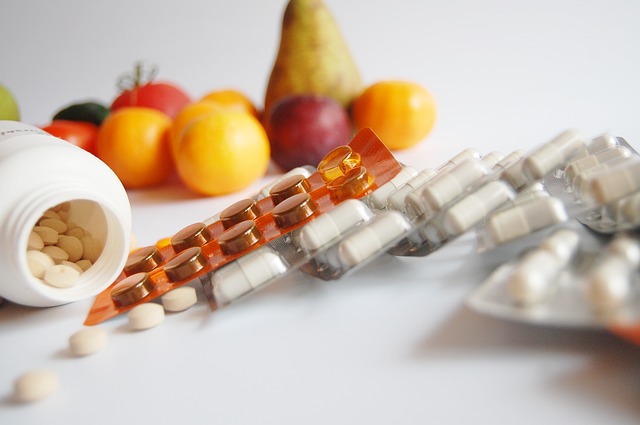
Vitamin D — a.k.a. the ‘sunshine vitamin’ because we get most of our intake from sunlight — is familiar to most people as the nutrient that helps the body absorb calcium, which makes it vital to a person’s bone health. If one gets too little of this vitamin, his/her bones will become soft and brittle, and this will make him/her susceptible to developing a condition known as osteomalacia in adults and rickets in children.
Aside from keeping bones healthy, vitamin D is also essential in boosting a person’s immune system so he/she doesn’t easily get sick. It also protects heart health, helps reduce inflammation, and guard against certain types of cancer including breast and colon cancer. It can even impact one’s happiness.
Natural sunlight is the main source of vitamin D. This means direct exposure, though, while one is outside. A person can’t get vitamin D indoors from being exposed to sunlight shining through windows.
Dietary sources include fatty fish (such as cod, mackerel, salmon and tuna), egg yolks, mushrooms, beef liver, ricotta cheese, milk, soy and tofu.
There’s been much discussion about the amount of Vitamin D needed for optimum health. What the National Institutes of Health (NIH) recommends is 400 International Units (IU) for those aged 0 – 12 months; 600 IU for those aged 1 – 70 (including pregnant and breastfeeding mothers); and 800 IU for adults aged 71 and above.
If a person lacks the optimal amount of vitamin D, he/she might experience one or more of the following symptoms: aching bones, chronic back pain, frequent sickness, persistent feeling of tiredness, depression, and for men — erectile dysfunction.
Every year, thousands of people get tested for vitamin D deficiency because of the widespread belief that this is a serious problem. And those who are confirmed vitamin D-deficient turn to supplements to address the condition.
This practice has been acceptable for awhile. But after a recent article published in the New York Times by reporter Gina Kolata, doubts have been seriously cast on whether vitamin D supplements actually do any good.
In a nutshell, the article says that about a decade ago, doctors began pushing screenings for vitamin D deficiency because many became worried that those in colder climates weren’t getting enough vitamin D since they weren’t getting any sun
Since then, it seems there may have been too many patients who underwent tests for vitamin D deficiency, and for many of them, the tests may not have been really necessary. Even worse, those with confirmed vitamin D deficiency started taking supplements, and some of them took high doses which made them harmful rather than beneficial.
Lack of vitamin D may be unhealthy in some ways, but overdosing on it D is just as dangerous because it can cause poor appetite, nausea, vomiting, weakness, frequent urination and kidney problems.
We know that doctors mean well (ideally). But when it comes to testing for vitamin D deficiency, maybe they should be a little more discriminate and only recommend it when absolutely necessary. This way, they will also be able to ensure that if they do prescribe supplements, it will actually be beneficial for the patient.
- Bulenox: Get 45% to 91% OFF ... Use Discount Code: UNO
- Risk Our Money Not Yours | Get 50% to 90% OFF ... Use Discount Code: MMBVBKSM
Disclaimer: This page contains affiliate links. If you choose to make a purchase after clicking a link, we may receive a commission at no additional cost to you. Thank you for your support!

Couldn’t be more wrong.
Humans generate 10-15000 iu daily when getting reasonable sun midday.
Food was NEVER the primary source of vitamin D.
Look at the Research ‘re 40-70 ng/no vs less than 20…heh heh.
If you don’t think autoimmune diseases benefit from higher levels and breast cancer isn’t related then go ahead and suffer.
Vitamin D is calcitriol…the most potent steroid hormone in the human body by orders of magnitude. It’s also the most genomically important molecule discovered…transcribes more genes than any known compound.
The studies were shams and designed to fail and EVERYONE knows that.
Why would you trash vitamin D?
Unless you were getting paid?
Well, I feel better after taking my Vitamin D
Ten minutes in sunlight before 10am with good sunglasses and a wide brim hat are all you need of Vit D
Talked to a doctor in Mexico who said you would have to lay outside, naked in the sun for three hours to get enough from just sun exposure.
As people get older, their bodies become less efficient at absorbing vitamins, including Vitamin D. Megadoses are probably useless, but a Vitamin D supplement in a reasonable dose is not. Most studies are useless. I take them with a grain of salt and use common sense.